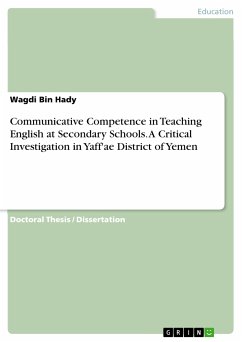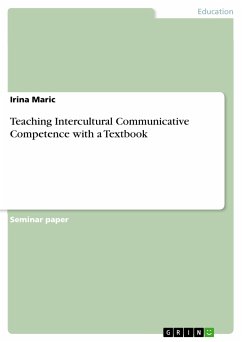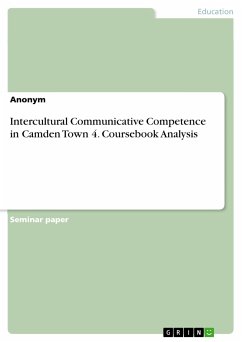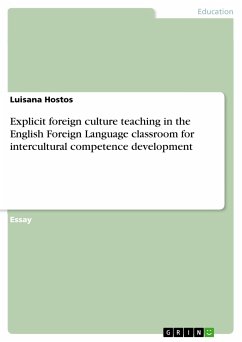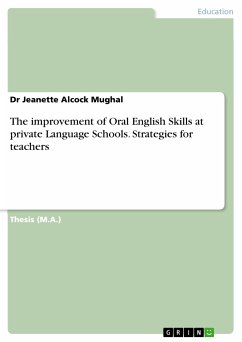Doctoral Thesis / Dissertation from the year 2016 in the subject Didactics - English - Pedagogy, Literature Studies, , language: English, abstract: Communicative competence globally becomes the aim of English language teaching and learning. So far, the aim of any English course should develop students’ communicative competence to the extent that they will be able to express themselves naturally, proficiently and appropriately. This study is conducted to check English language secondary school teachers’ knowledge about communicative competence elements and to what extent they are able to teach communicative competence elements to secondary school students. The researcher uses a non-probability sampling, taking into account the representativeness of the whole districts of Yaff’ea. Seventy English language teachers (n=70) at secondary schools in Yaff’ea responded to the questionnaire. Moreover, the researcher observed fourteen English language teachers (n=14) to check their classroom practices. The researcher followed the multi-methods research design. Data were collected by using a semi-closed ended questionnaire and a structured classroom observation. Both data were analyzed quantitatively. The validity was checked depending on the pilot study and referees whereas the reliability was checked by using a test-retest method with an interval time of two weeks. The findings of this study showed that teachers have to some extent good perceptions about communicative competence elements. However, strict contradictions were found between teachers’ perceptions and their actual practice. Moreover, the study revealed that teachers face difficulties in teaching communicative competence with different levels of complexity among its elements. Teachers neglected teaching phonology which is a basic element of linguistic competence as well as they taught vocabulary and grammar using traditional approaches. With reference to sociolinguistic competence, discourse competence and strategic competence, the study reported similar problems whether in the contradictions between what teachers believe in and what they actually do, or the overwhelmingly neglection of sub-elements. Finally, the study reflects the dominancy that teachers play and the passive orientation for learners.

